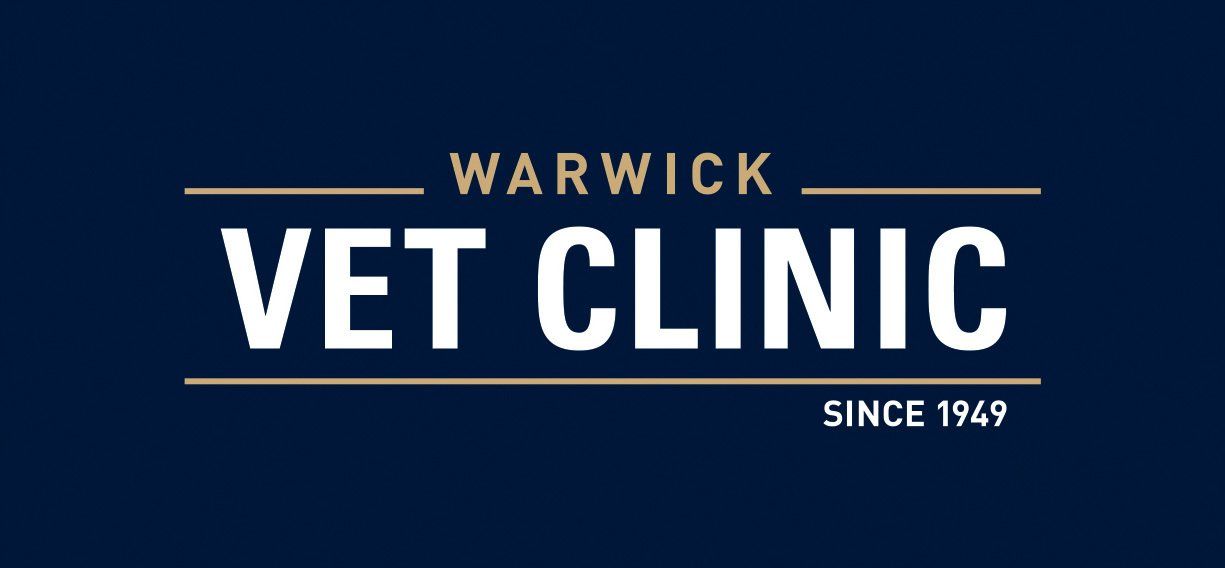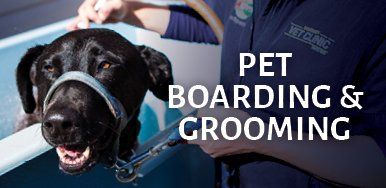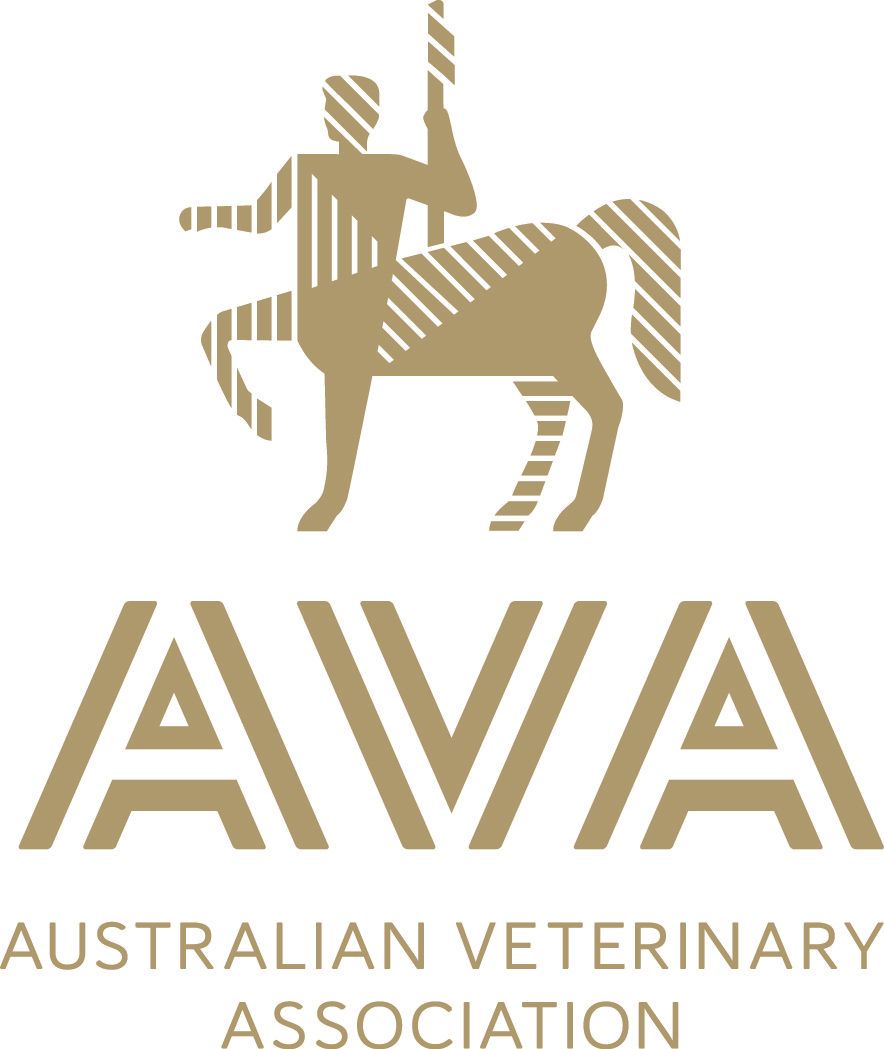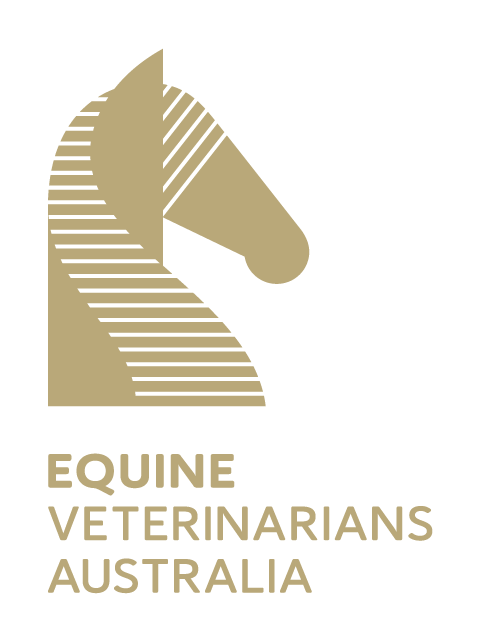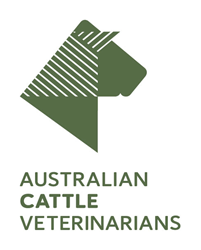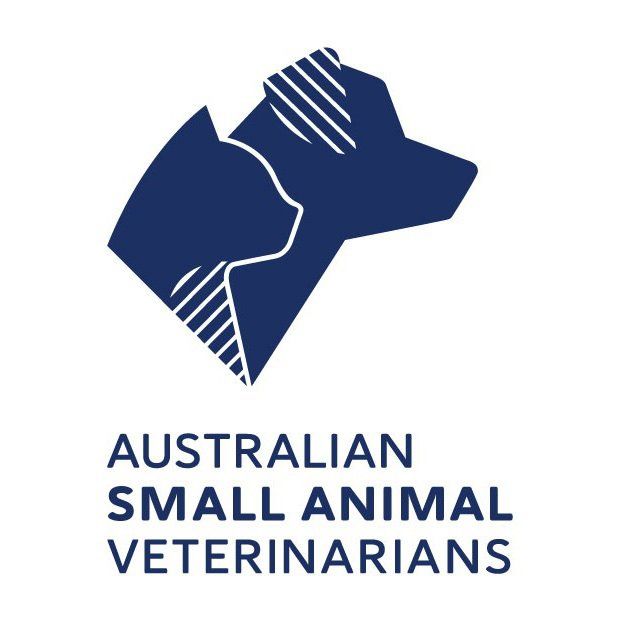BIRDS
While birds are relatively inexpensive to feed, only require a small space, and are beautiful to look at, many bird species live extraordinarily long lives - some living more than 100 years!
Before bringing home your new feathered friend, make sure you consider your lifestyle and living situation in order to choose the most compatible bird for you and your family.
How birds are housed and fed has a tremendous impact on their susceptibility to disease, behaviour problems, and breeding capabilities.
The team at the Warwick Vet Clinic have put together these top tips for keeping your bird happy and healthy.
